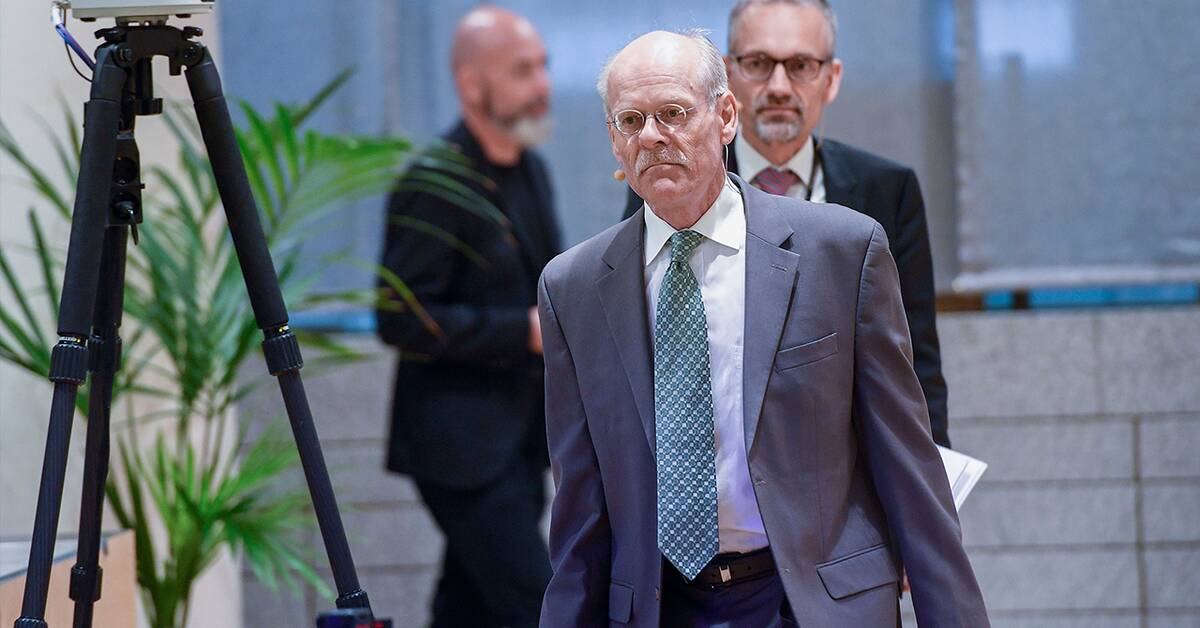In line with rising inflation, the Riksbank has flagged for future interest rate increases.
Today's announcement means an increase of 0.25 percentage points.
At the same time, the interest rate forecast rises sharply and the interest rate will gradually rise over the next three years.
By the summer of 2025, the Riksbank believes that the repo rate will land at almost two percent.
- There are completely different tones from the Riksbank now.
They expect to raise interest rates two or three more times this year.
Then we can count on mortgages rising by about the same amount, says SVT's financial commentator Kristina Lagerström.
This is how private finances are affected
For those who have a mortgage of one million kronor, an interest rate increase of one percentage point means approximately 580 kronor more per month.
The increase of 0.25 is not in itself a large increase, but it marks a turning point after several years with zero and minus interest rates, Lagerström states.
- Those who have variable mortgages are directly affected.
But regardless of variable or fixed interest rates, you are affected by the rise in interest rates as you will sooner or later have to tie up your loans, says Kristina Lagerström.
The last time the Riksbank raised the interest rate was in January 2020, when from -0.25 to 0 percent.
Javascript is disabled
Javascript must be turned on to play video
Read more about browser support
The browser is not supported
SVT does not support playback in your browser.
We therefore recommend that you switch to a different browser.
Read more about browser support
"Expected message for everyone except the Riksbank" - hear SVT's financial commentator Kristina Lagerström about the higher policy rate in the clip.
Photo: SVT and Henrik Montgomery / TT
Savings economist: "Time to decide"
For mortgage customers with variable interest rates, it is high time to decide whether they want to tie the interest rate, according to SPP's savings economist Shoka Åhrman.
- The fixed loan interest rates have risen for a long time.
The gap and opportunities to actually tie are starting to narrow.
However, you should look at it as an alternative based on your own personal finances, she says.
According to the Riksbank's textbook, an interest rate increase will keep inflation in check.
Today, the level is the highest since the 1990s and is also affected by the war in Ukraine.
- The purpose of raising interest rates is to slow down the economy and the rate of price increase.
But now we have a very different situation, because inflation is not only due to the fact that we have full speed in the economy, but it depends quite a lot on energy prices as a result of the war in Ukraine, says Kristina Lagerström.
Javascript is disabled
Javascript must be turned on to play video
Read more about browser support
The browser is not supported
SVT does not support playback in your browser.
We therefore recommend that you switch to a different browser.
Read more about browser support
How does the repo rate really work?
The savings economist Joakim Bornold sorts out question marks in the interest rate jungle.
Photo: SVT & TT

